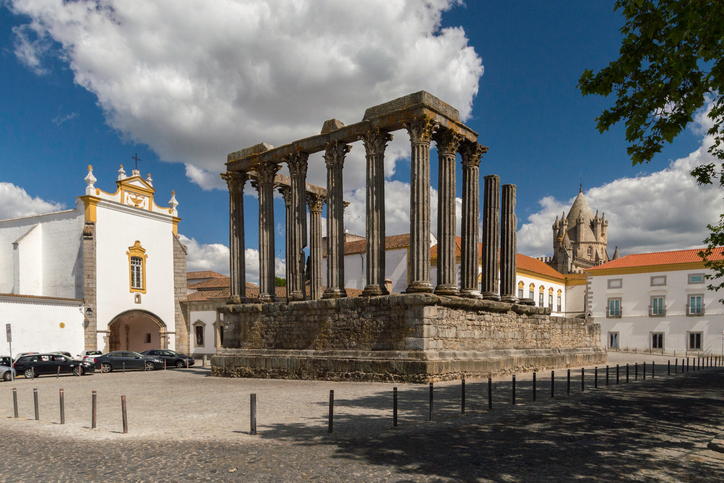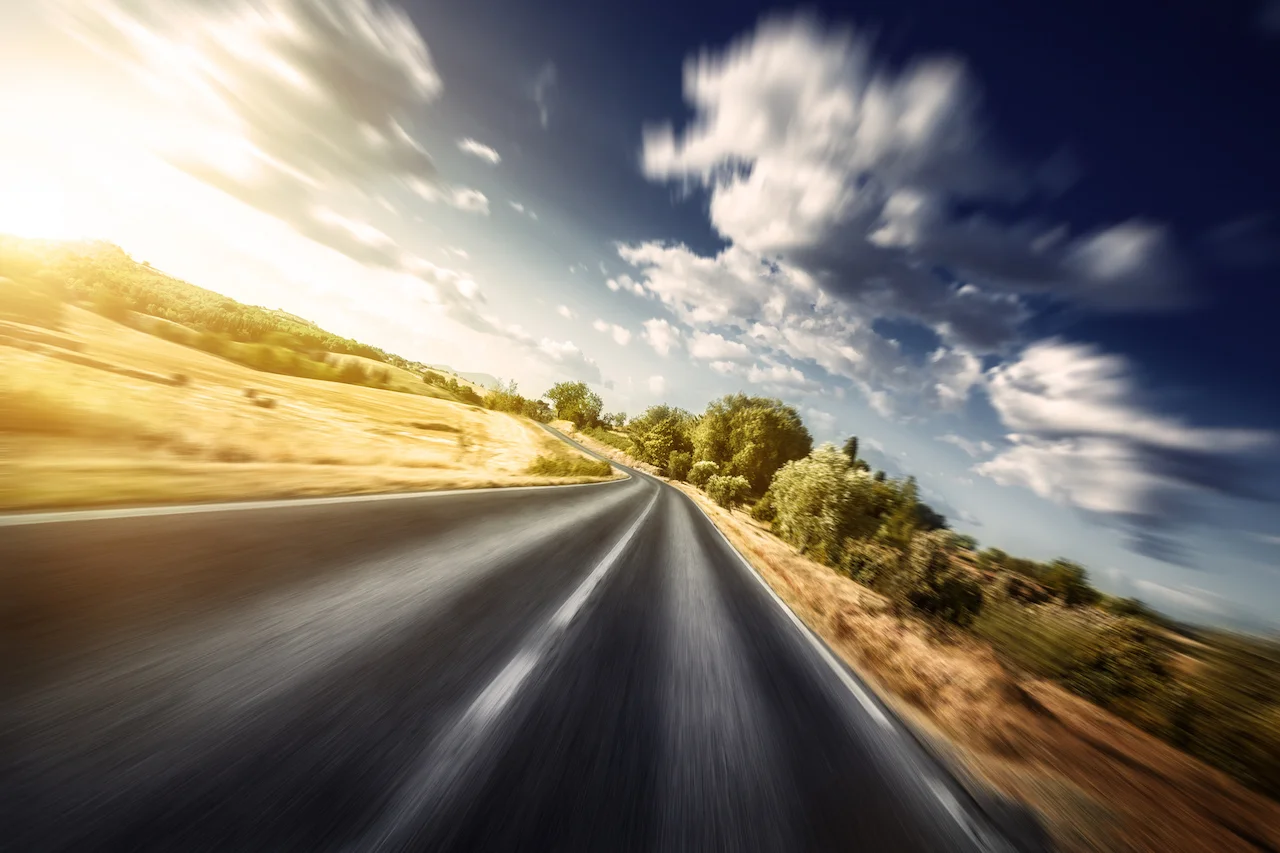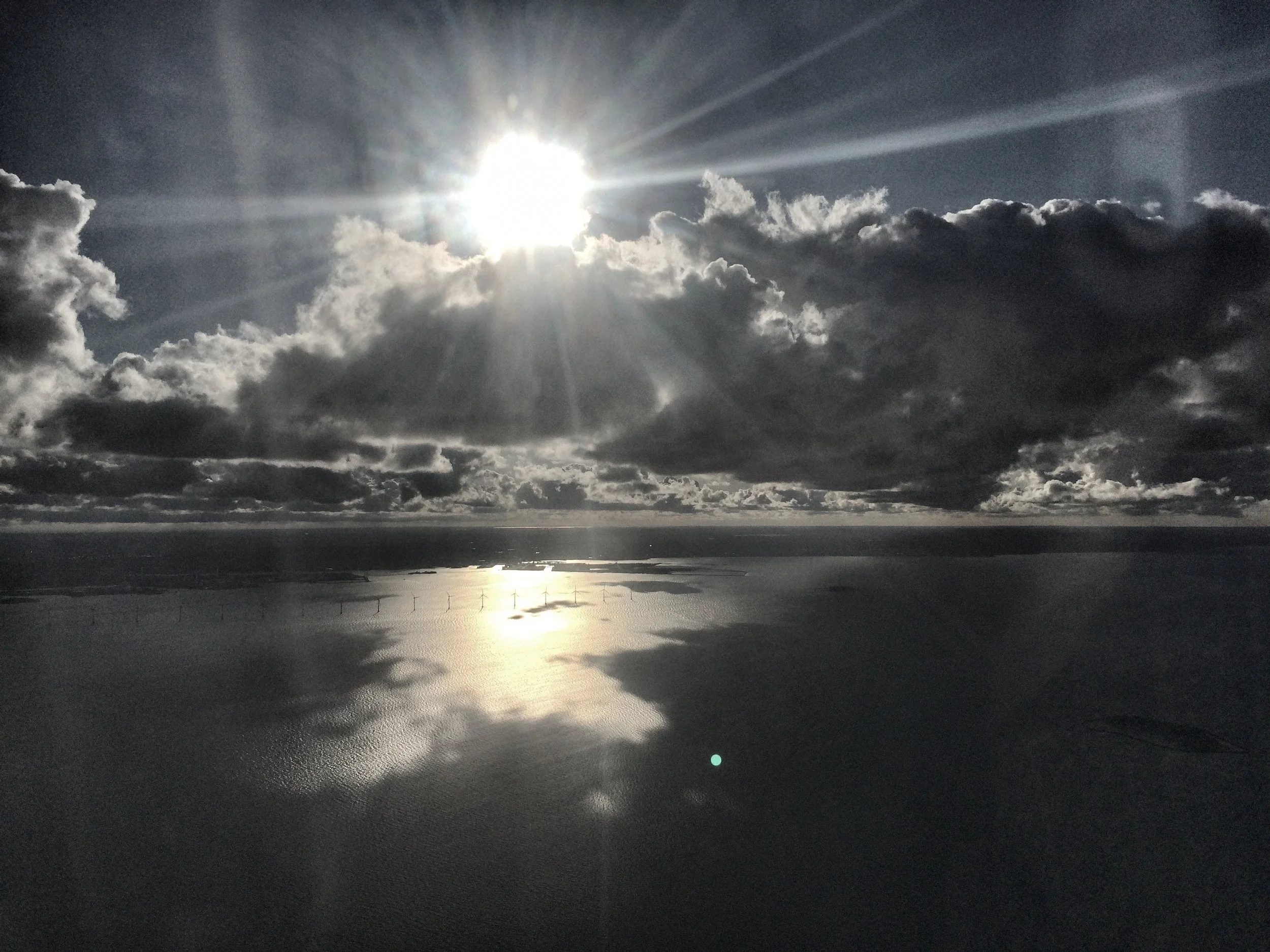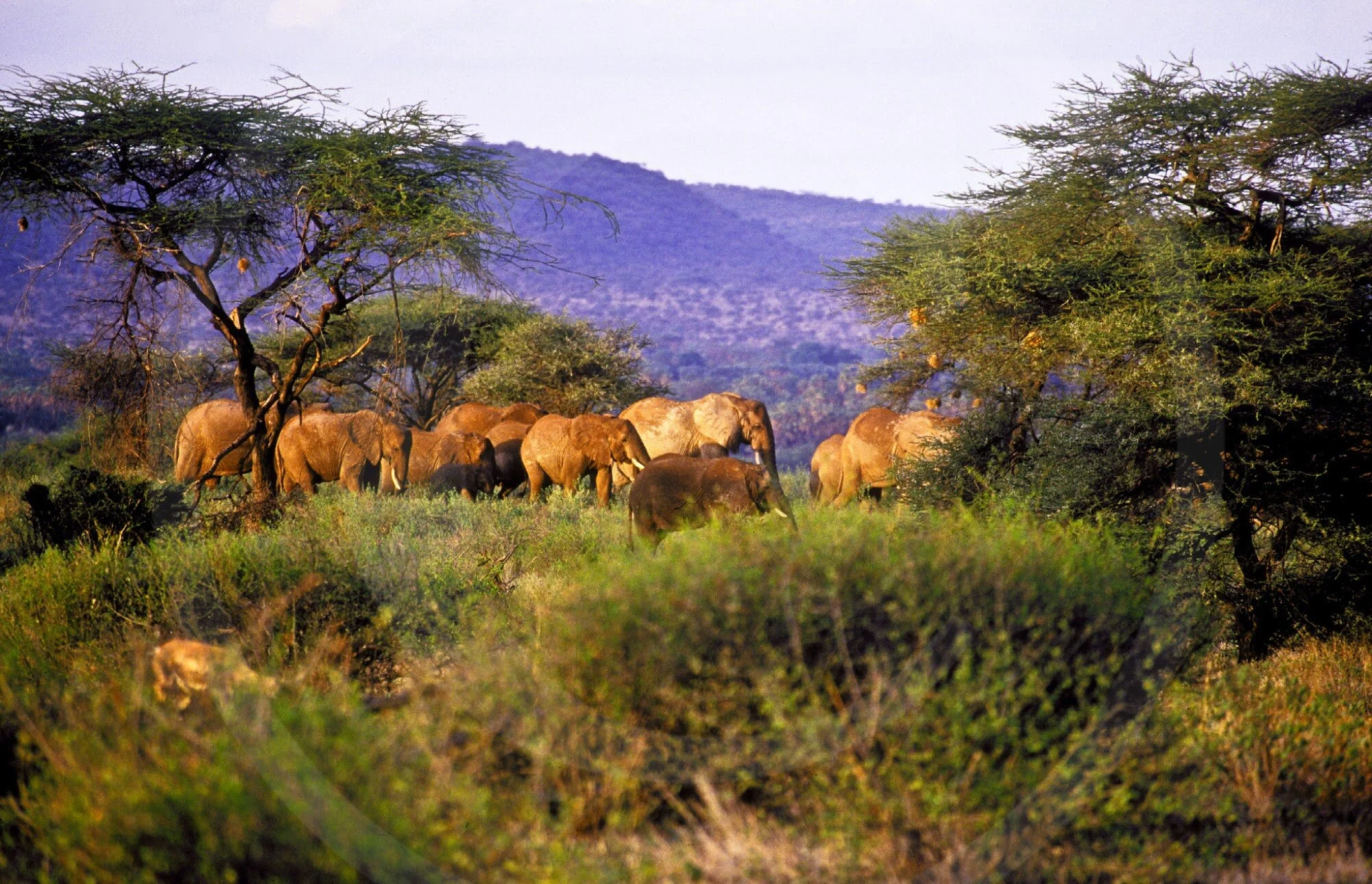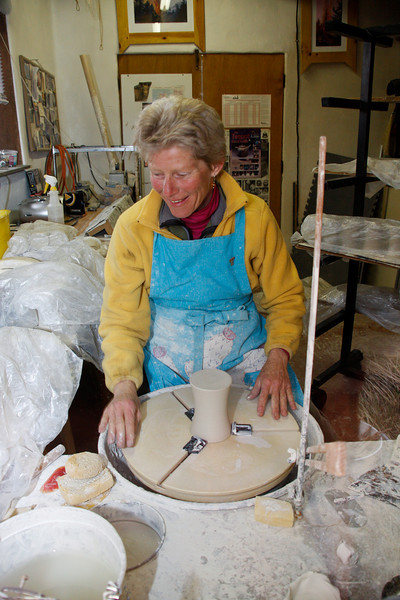Join Ellen Barone on a Scottish adventure. From the ancient charm of Edinburgh to the coastal haven of Charlestown, her journey unfolds tales of warmth, unexpected friendships, and the timeless allure of Scotland. This is more than a travelogue; it's a love affair with a place that becomes a cherished second home.
The Opposite of Loneliness: How travel transforms the experience of solitude and staying home.
Thirty-seven days into self-isolation Ellen Barone asked her husband Hank, “Are you lonely?” Like much of the world’s population, they are physical-distancing and staying home to help prevent the spread of the novel coronavirus COVID-19. Would this, she worried, lead to loneliness? And, in turn, to biological effects as deadly as the virus itself? Instead, isolation has brought clarity to something they’d innately suspected all along.
Blame It On Travel: Why I still have hope.
In a world that seems to be spinning out of control, Ellen Barone is surprised to find that she is still full of hope. Like everyone else, she has moments of disgust and despair, but then, almost miraculously, a ray of light shines through. How does this happen? She blames it on travel.
Music, Girlfriends, Facebook, and Medellin
Ellen Barone had almost written off social media when a Facebook private message from a long lost Scottish friend flashed across her iPhone display in Medellin, Colombia. Seconds later the two were live chatting across continents, sparking powerful memories infused with laughter and music and a shared New Mexico road trip.
Bereavement Abroad: When the unthinkable happens and you're not there.
Ellen Barone awakened in Medellin, Colombia, to the news that her dad, who lived in Utah, had fallen and broken his hip and hand. Soon afterward, he was cleared for immediate hip surgery, and from there, things escalated—and deteriorated—quickly.
When Did I Become The Ugly American?
by Ellen Barone
I sit tightly wedged into an economy class airline seat, braced for the long haul — a pashmina hanging from the seat back, a water bottle in the magazine flap, ear pods in the iPhone jack—when a handsome Air France steward stops to stand beside my aisle seat.
“Excuse me, madam,” he says, leaning into my view. “These two are mother and daughter,” he continues, gesturing to an elegant middle-aged woman in the row in front of me and the twenty-something blonde seated beside me. “Would you please exchange seats so that they can sit together?”
What If We Didn't Go Home?
“So, when exactly are you coming home?” my father asked.
“I don’t know, Dad. Our visas allow us to stay in Peru for at least three months, then we’re thinking of heading on to Argentina and Chile...”
The broken and sputtering magicJack connection at the South American Explorers Club in Cusco broadcasted about every third word of our conversation, but the message that traveled down the steep stone streets of the ancient Inca capital and across the continents to the lush green lawns of Newark, Delaware, the college town I’d grown up in and where my parents still live, was crystal clear: We weren’t coming “home”.
The truth was, my husband, Hank, and I had no idea when, or if, we were going home. We didn’t even know what “home” meant anymore. We’d been winging it, temporarily inhabiting Mexico, Nicaragua, Ecuador, and Peru: itinerant and loose in the world in a manner that both worried and intrigued family and friends back home.
We were four thousand miles from our homeland, eleven thousand feet above sea level, south of the Equator where summer is winter, and living in a fourth-floor walkup without heat. Yet, life felt sweet and rich and fortunate.
Nicaragua: Can you keep a secret?
words + photos by Ellen Barone
Here's the truth: I want to tell you about Nicaragua and its wild, deserted Pacific beaches, active volcanoes, colonial cities, coffee plantations, and verdant mountains— but then again, I don't.
Writing about delicate cultures like Nicaragua, where complex political, geographical and economic realities have resulted in hardships on one hand - and a simpler, more grounded way of life on the other - always brings up mixed feelings in me.
Kenya: Rules of the Wild
words + photos by Ellen Barone
It was a few days into my first African safari when I learned the Fourth Rule of Safari Travel: When you think you’ve spotted a lion, casually ask the guide “What’s that?” rather than blurt out “There's a lion!” because 9 times out of 10 the ‘lion’ will be a termite mound.
Later on, I’d learn other rules: No. 7, If you’re squeamish about eating flesh avoid restaurants with the word Carnivore in their title; No. 13, Never run out of the safari tent, half naked, screaming “there’s a creature in my bed” before you’ve determined it isn’t a hot water bottle put there by the room steward to take the chill off a high-altitude night; and No. 17, Avoid standing up suddenly in an open-top Land Rover with a metal roll-bar above your head.
Zen And The Art of Doing Nothing
Doing nothing is an art—and Ellen Barone has mastered it. In Zen and the Art of Doing Nothing, she reflects on the joy of downtime, from lazing in a Mexican beach casita to savoring silent moments in Santa Fe. Once conditioned to measure worth by achievement, she now embraces balance: action paired with stillness. Like a perfect margarita, her travels blend adventure with well-earned rest.


